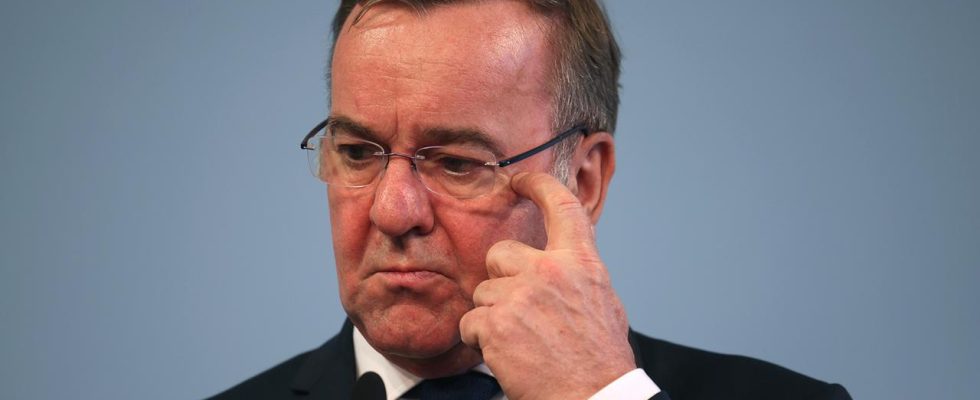comment
With the structural reform of the Bundeswehr, Defense Minister Pistorius is taking many logical steps. But in order to solve the troops’ many problems, a lot of fine-tuning is still necessary.
Yes, the Bundeswehr must become combat-ready. It is right that Defense Minister Boris Pistorius not only says this, but also restructures the force accordingly. This is years overdue. But the road there will be long and difficult. Because Pistorius has to contend with many in the Bundeswehr. He wants to streamline structures and reduce hierarchies, which means people lose power.
There has already been a lot of internal criticism and there will be more, says Pistorius. It is important that the minister wants to face these power struggles, does not duck away and takes this reform seriously. The SPD politician wants to send the signal: I can do it! If so, that would set him apart from some of his predecessors.
Important upgrade of the Cybersecurity
The restructuring of the support area, i.e. the parts of the Bundeswehr that are responsible for ensuring that the armed forces can fight: logistics, military police, medical services, is likely to cause a lot of discussion. They are bundled under one command and thus lose their independence.
But this step makes sense: all branches of the armed forces – army, air force, navy – should be able to request the support they need at the moment – including the additional branch of the cybersecurity branch of the force, which is now coming. It is important that this area is upgraded. The Bundeswehr must better position itself against warfare in the digital space, which is becoming an ever greater threat. In addition, it gets a uniform command structure, which is also a logical step.
Streamlining without savings
So is this reform a big success? Probably not. There is talk of streamlining, but at the same time the minister says: There are no plans to make savings – nor does it plan to reduce the number of generals and admirals.
It sounds like there will soon be some kings without a kingdom in the Bundeswehr: personnel who are losing influence but are still highly paid and, in the worst case, no longer have anything to do. On the other hand, 20,000 additional soldiers are needed to get the force to the strength it should have. The reform plans do not answer how this is supposed to work. And the minister is not specific about a possible reactivation of compulsory military service. Answers are due here.
These restructuring plans will not yet make the Bundeswehr fit for war. The list of deficiencies in equipment and infrastructure is too long. And these problems cannot be solved in one fell swoop. Pistorius knows that. It is also likely that his project represents the Bundeswehr of the near future, for which a lot of fine-tuning is still necessary – and some resistance has to be overcome.
Editorial note
Comments generally reflect the opinion of the respective author and not that of the editorial team.
Oliver Neuroth, ARD Neuroth, tagesschau, April 4th, 2024 7:03 p.m

